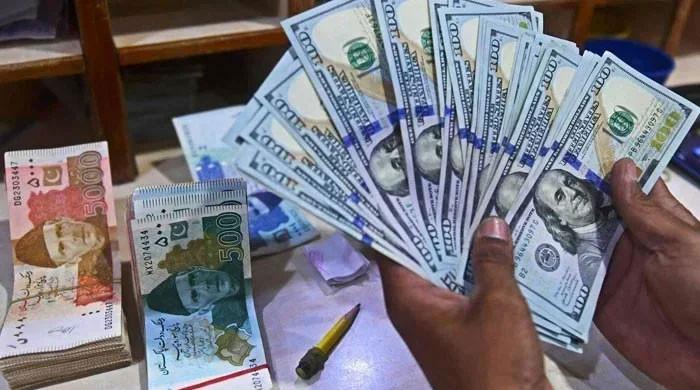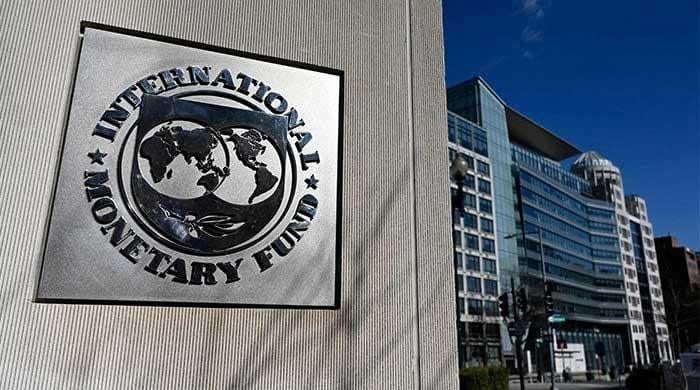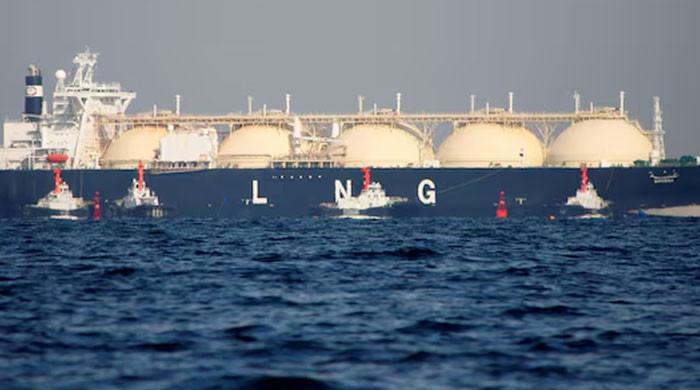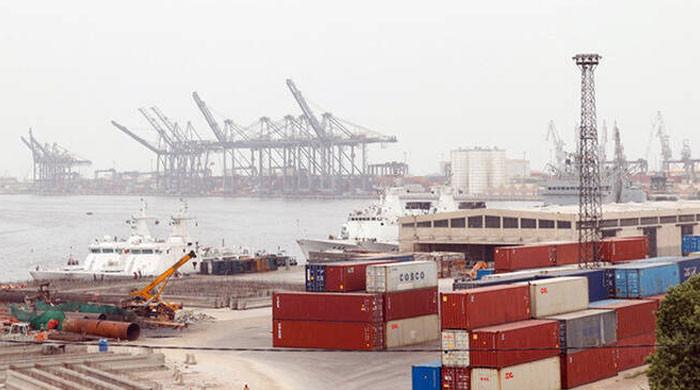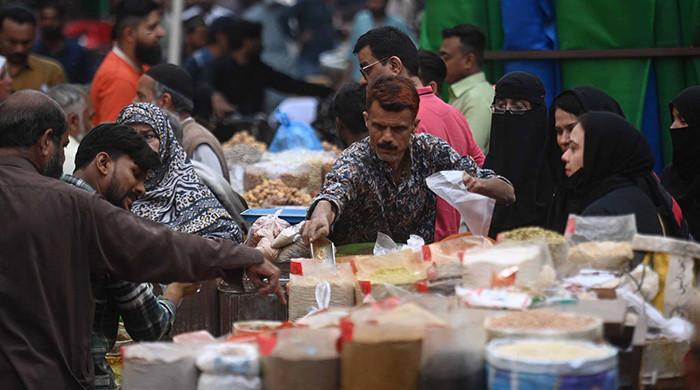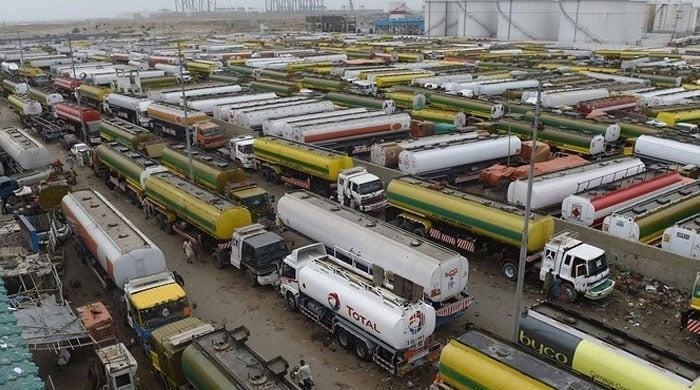Moody’s rating downgrade ‘not truly reflective’ of macroeconomic conditions: Pakistan
Moody’s worsening near- and medium-term economic outlook does not depict the correct picture, says finance ministry
October 07, 2022

- Finance ministry contests Moody's report.
- Says decision not truly reflective of macroeconomic conditions.
- Ministry says it held two meetings with Moody’s over the past 24 hours.
Pakistan on Thursday termed Moody’s decision of downgrading the country’s rating as “unilateral” and “not truly reflective” of the current macroeconomic conditions.
"Ministry of Finance strongly feels that the downgrading of Pakistan’s rating is not truly reflective of Pakistan’s macroeconomic conditions," said a statement issued after Moody’s downgraded Pakistan’s sovereign credit rating to Caa1 from B3 – a very high credit risk status.
The rating agency said the decision to downgrade the ratings to Caa1 is driven by increased government liquidity and external vulnerability risks and higher debt sustainability risks, in the aftermath of devastating floods that hit the country since June 2022.
"The Caa1 rating reflects that Pakistan will remain highly reliant on financing from multilateral partners and other official sector creditors to meet its debt payments, in the absence of access to market financing at affordable costs," Moody's added.
The ministry said the rating action by Moody’s is strongly contested as the action was "carried out unilaterally without prior consultations and meetings with teams from the Ministry of Finance and State Bank of Pakistan".
The ministry said it held two meetings with Moody’s team over the past 24 hours, sharing data and information which clearly show a picture contradicting Moody’s rating action.
It said the government has adequate liquidity and financing arrangements to meet its external liabilities.
"Pakistan is currently under the IMF programme, the continuity of which is based on the confirmation and confidence in the country’s ability to maintain the fiscal discipline, debt sustainability and its ability to discharge all its domestic and external liabilities."
The country remains committed to the agreements reached under the IMF programme.
The statement said that Moody’s worsening near- and medium-term economic outlook does not depict the correct picture due to gaps in the information available to the agency and its use of estimations is not grounded in fundamentals.
"As such, the estimate of the economic cost of the floods at $30 billion is premature as the data is still being compiled in collaboration with World Bank and other partners, to ensure transparency and accuracy, and will be available once the figures are firmed up."
Thus, the impact on the GDP growth rate cannot be fully and accurately assessed at this time and so Moody’s downward revision of the GDP growth rate at 0-1% has no solid basis, the ministry said.
Similarly, the statement said, translating economic losses into fiscal deficit is contested.
On the expenditure front, it added, the government will largely be involved in public infrastructure rebuilding, and that too, over a number of years.
The ministry said the uptick in urgent current expenditure is being met through re-allocations and re-appropriations of budgeted funds thus mitigating the risk of rising deficit.
On the revenue front, the increase in nominal GDP is likely to compensate for any dip in revenues, it said.
The statement said an impression of restructuring of Pakistan’s debt is refuted unequivocally as currently no such proposal is under consideration or is being pursued as has been categorically stated by the finance minister.





